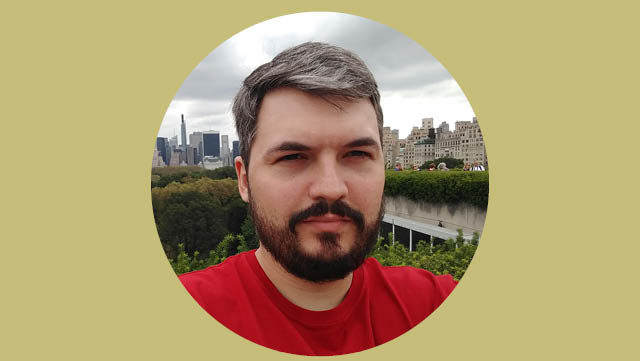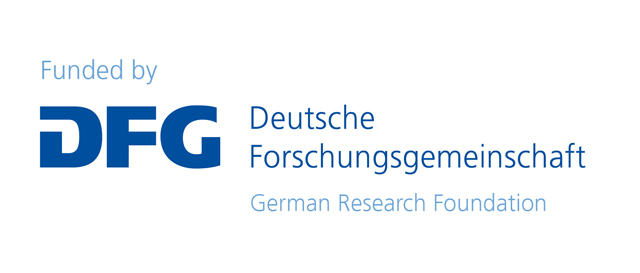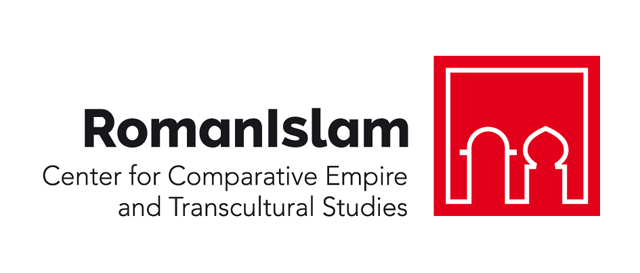Dr. Paulo Pachá
Januar 2021 - March 2021

Research Project: The General Councils of the Visigothic Church: Cooperation, conflict and integration
This project has two main objectives: the first objective is the analysis of political integration in the Visigothic Kingdom of Toledo by framing the Councils of the Iberian Church (between the sixth and the seventh centuries) as a fundamental locus of aristocratic articulation. The second objective is the design and online availability of a database gathering the information about attendance in the councils’ minutes. The second objective allows not only the development of the first but also a series of other researches based on the same documentation made available by it. Through their periodic convening, the councils functioned as fundamental space of articulation between the central power (the monarchy and the conciliar institution itself) and the local powers (represented in the conciliar assembly).
Our research hypothesis argues that the variation in the attendance of certain regions and bishoprics in the conciliar assemblies expresses the transformations and the historical dynamics of the forms of integration between central and local powers – both their conflicts and cooperation. The development of this hypothesis implies two important perspective shifts in the Visigothic studies: Firstly, it proposes a reconsideration of the kingdom’s traditional narrative. Secondly, in this alternative framework, the systematic political conflicts in the Peninsula during the seventh century are not to be seen as intrinsic elements of the Kingdom’s inherent instability – instead, those conflicts must be seen as intrinsic elements of the process of political development, a process of formation and integration. In this way, the traditional characterization of the Visigothic political dynamics would be transformed, a result that would have a profound effect on how we understand the history of the Visigothic Kingdom of Toledo.
Profile
Dr. Paulo Pachá is Assistant Professor of Medieval History at Universidade Federal do Rio de Janeiro (UFRJ). He is a historian specialized in the history of Early Medieval Europe. He received his PhD in History in 2015 from the Universidade Federal Fluminense, with a thesis on the structure and dynamics of the Visigothic state in the seventh century. Paulo is a member of research groups in Brazil as the “Centro Ciro Cardoso de Pesquisa do Pré-Capitalismo (CCCP-PréK)" and "PEM - Programa de Estudos Medievais". He is also a member of “TOLETUM – Red para la investigación sobre la Península Ibérica en la Antigüedad”. Paulo has published several articles, book chapters and book reviews on the history of the Visigothic Kingdom of Toledo and presented his work at conferences in South America, the USA and Europe. After receiving his doctorate, he was Visiting Researcher at the Institut für Mittelalterforschung in Vienna (with a fellowship from the Österreichischen Akademie der Wissenschaften) and postdoctoral research fellow at the Hamburg Universität (with a fellowship from the Fritz Thyssen Stiftung). During his doctorate, Paulo was awarded two research fellowships in Madrid, at the Centro de Ciencias Humanas y Sociales (CCHS-CSIC) and the Casa de Velázquez. Before becoming Assistant Professor at UFRJ, he was a Lecturer in Medieval History at the Fundação Getúlio Vargas and Assistant Professor of Medieval History at Universidade Federal Fluminense.
CV
Selected Publications
Sabine Panzram - Paulo Pachá (eds.), The Visigothic Kingdom. The Negotiation of Power in Post-Roman lberia. Amsterdam: Amsterdam University Press, 2020.
Paulo Pachá, Conclusions and Future Perspectives. In: Panzram, Sabine - Pachá, Paulo, (eds.). The Visigothic Kingdom. The Negotiation of Power in Post-Roman lberia. Amsterdam: Amsterdam University Press, p. 393-400, 2020.
Paulo Pachá, Beyond Central and Local Powers. In: Panzram, Sabine - Pachá, Paulo. (eds.), The Visigothic Kingdom. Amsterdam: Amsterdam University Press, p. 101-116, 2020.
Paulo Pachá. To name and control: space and power in the integration process of the Visigothic Kingdom of Toledo. Mélanges de la Casa de Velázquez, v. 49-2, p. 109-131, 2019.
Paulo Pachá, Law, Networks of Power and Integration: Recceswinth and the Liber Iudiciorum. In: Visigothic Symposia I: Law and Theology, p. 169-93, 2017.
Paulo Pachá, Gift and Conflict: Forms of Social Domination in the Iberian Early Middle Ages. Networks and Neighbours, v.2, p. 288-324, 2014.


